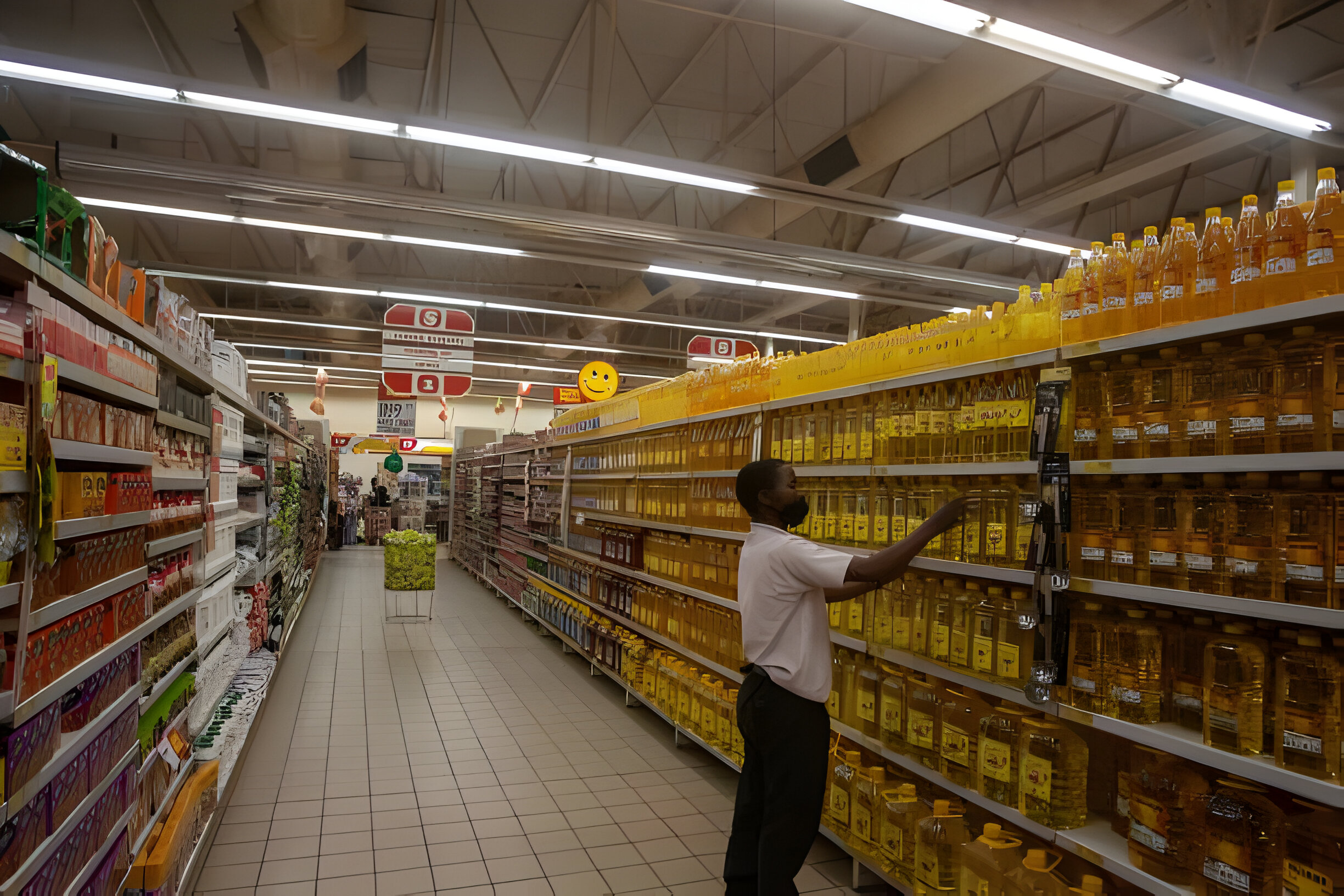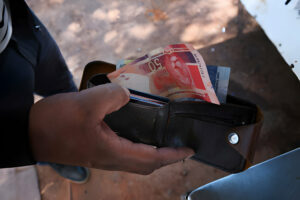In a significant shift in its African market strategy, Shoprite, the continent’s leading food retailer, has finalized the sale of its Nigerian outlets. This move comes 16 years after the South African giant first expanded into Nigeria. The new owner, Ketron, a company backed by a consortium of local investors including the property firm Persianas Investment, plans to transition the business model from ownership to franchising.
A Strategic Shift in Business Model
Ketron’s acquisition, which has received the green light from Nigeria’s Federal Competition and Consumer Protection Commission, encompasses 25 Shoprite outlets spread across eight states. This decision marks a pivotal change for Shoprite, aligning with the broader trend of South African businesses reevaluating their presence in Nigeria. Factors influencing such decisions often include challenges in supply-chain management and the complexities involved in repatriating funds.
“Ketron says it has plans to keep open new Shoprite outlets and display more Nigerian-made products.”
This statement from Ketron not only underscores their commitment to maintaining the existing Shoprite footprint but also hints at a potential increase in the promotion of locally sourced products. This could signify a positive impact on the Nigerian economy, potentially boosting local manufacturing and job creation.
Shoprite’s Continental Presence
Shoprite’s decision to sell its Nigerian operations is noteworthy given its substantial presence in the African retail market. The company boasts 2,843 supermarkets across 15 countries, catering to approximately 35 million customers both in Africa and the Indian Ocean islands. This move raises questions about the future strategy of Shoprite in other markets and the overall landscape of South African businesses in Africa.
Broader Trend of South African Businesses in Nigeria
Shoprite’s exit from Nigeria is not an isolated incident. Other South African companies, such as Mr Price Group, Woolworths, and Truworths International, have also withdrawn from the Nigerian market. These departures highlight the complexities foreign companies face when operating in Nigeria, including regulatory hurdles, market volatility, and operational challenges.
The sale of Shoprite’s Nigerian operations to Ketron marks a significant shift in the retail landscape of Nigeria and reflects broader trends in South African businesses’ approach to operating in the West African nation. As Ketron takes over, the focus on franchising and local products could herald a new era for Shoprite outlets in Nigeria, potentially reshaping the retail sector and offering new opportunities for local producers and entrepreneurs.














